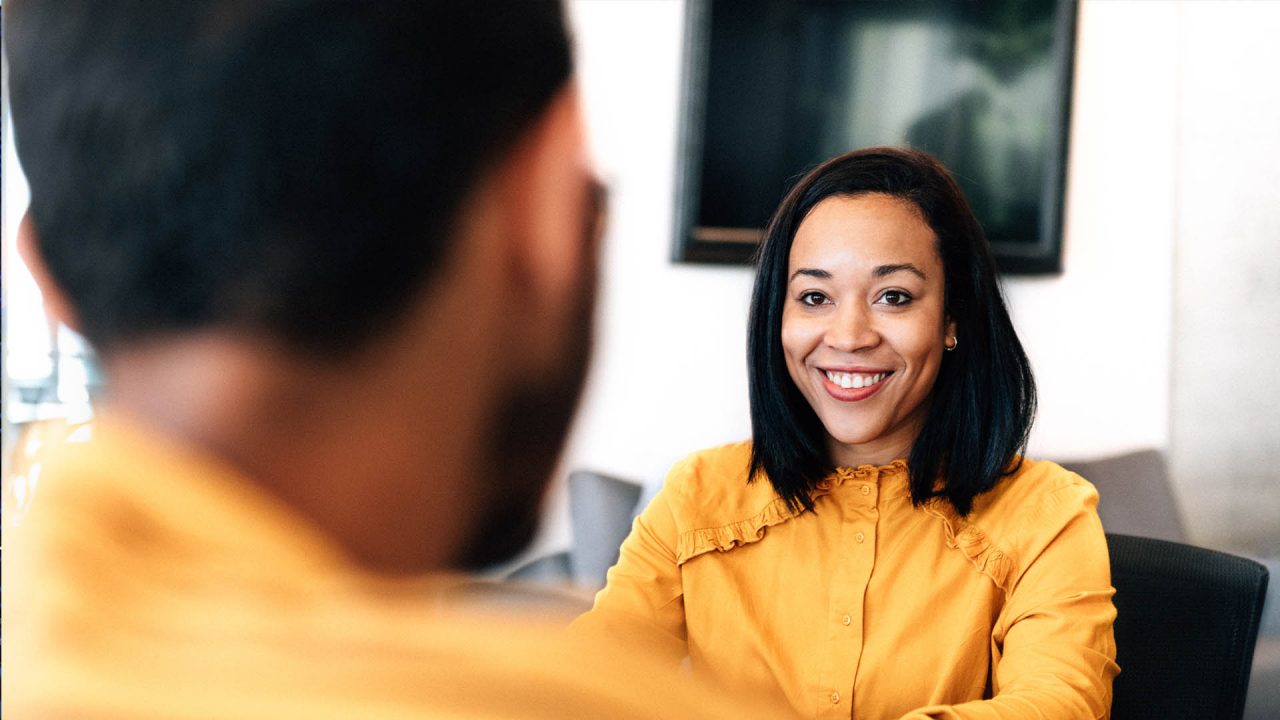

Macquarie’s purpose is to empower people to innovate and invest for a better future. We believe that by empowering people – our colleagues, clients, communities, shareholders, and partners - we will achieve our shared potential. One way in which we do this is by developing strategic, sustainable relationships with a diverse group of qualified suppliers that represent both the diversity of our business and the communities in which we operate. We believe that a diverse and inclusive supply chain allows Macquarie to access different perspectives leading to more innovative solutions, whilst maintaining a high-quality, resilient, and cost-effective supply chain, contributing to a better and more equitable future for all.
Our Supplier Diversity Program aims to help break down barriers to market access for small and diverse enterprises and unlock commercial opportunities across Macquarie. We seek suppliers that can continuously drive competitiveness and innovation in our supply chain and recognise the wider economic impact of partnering with small and diverse enterprises to support them in their growth.
In FY2025, Macquarie purchased goods and services worth over $A37.7m from diverse suppliers globally. Beyond FY2025 we have a commitment to spend a cumulative $A150m from FY2026 – FY2030 with Diverse Owned Suppliers.
Macquarie is focused on the following diverse supplier groups. We accept business certification from the national, state or locally-recognized third party certification agencies listed below. We will also consider other forms of verification on a case by case basis.
| Group | Definition | ANZ | Americas | EMEA | Asia |
|---|---|---|---|---|---|
| Minority Owned Businesses | Minority group members own, operate and control at least 51% of the company. Definitions for minority groups vary by location and include the following categories, where applicable: Asian, Black, Hispanic/Latino, and Indigenous peoples. | Supply Nation | NMSDC | MSDUK | MSD China |
| Women’s Business Enterprise (WBE) | Women own, operate and control at least 51% of the company. | WEConnect | WEConnect WBENC NWBOC | WEConnect | MSD China WEConnect |
| Social Enterprise Business (SEB) | A social enterprise business (SEB) is a for-profit or non-profit organization or venture that achieves its primary social or environmental mission using business methods. | Social Traders | socialenterprise.org.uk | ||
| B-Corps | B Corporation certification measures a company’s entire social and environmental impact. Bcorps are considered highly ‘sustainable’ companies. | bcorporation.net | bcorporation.net | bcorporation.net | bcorporation.net |
| Disability-Owned Business Enterprise (DOBE) | People with disabilities own, operate and control at least 51% of the company. | Disability:IN | MSD China | ||
| Lesbian, Gay, Bisexual and Transgender Business Enterprise (LGBTBE) | LGBT individuals own, operate and control at least 51% of the company. | National Gay and Lesbian Chamber of Commerce (NGLCC) Canada’s LGBT+ Chamber of Commerce (CGLCC) | OutBritain (UK) | MSD China Philippine LGBT Chamber of Commerce (TBC) Samavesh Chamber of Commerce (India; TBC) | |
| Veteran-Owned Business1 | Veterans or Service-disabled veterans own, operate and control at least 51% of the company. | Australian Veteran Owned Business (AVOB) | National Veteran Business Development Council (NVBDC) National Veteran-Owned Business Association (NaVOBA) |
Macquarie is also focused on increasing our spend with small suppliers. We look to leverage the government definition in each region when determining what businesses are considered small (or not), however we will also consider other forms of verification on a case by case basis.